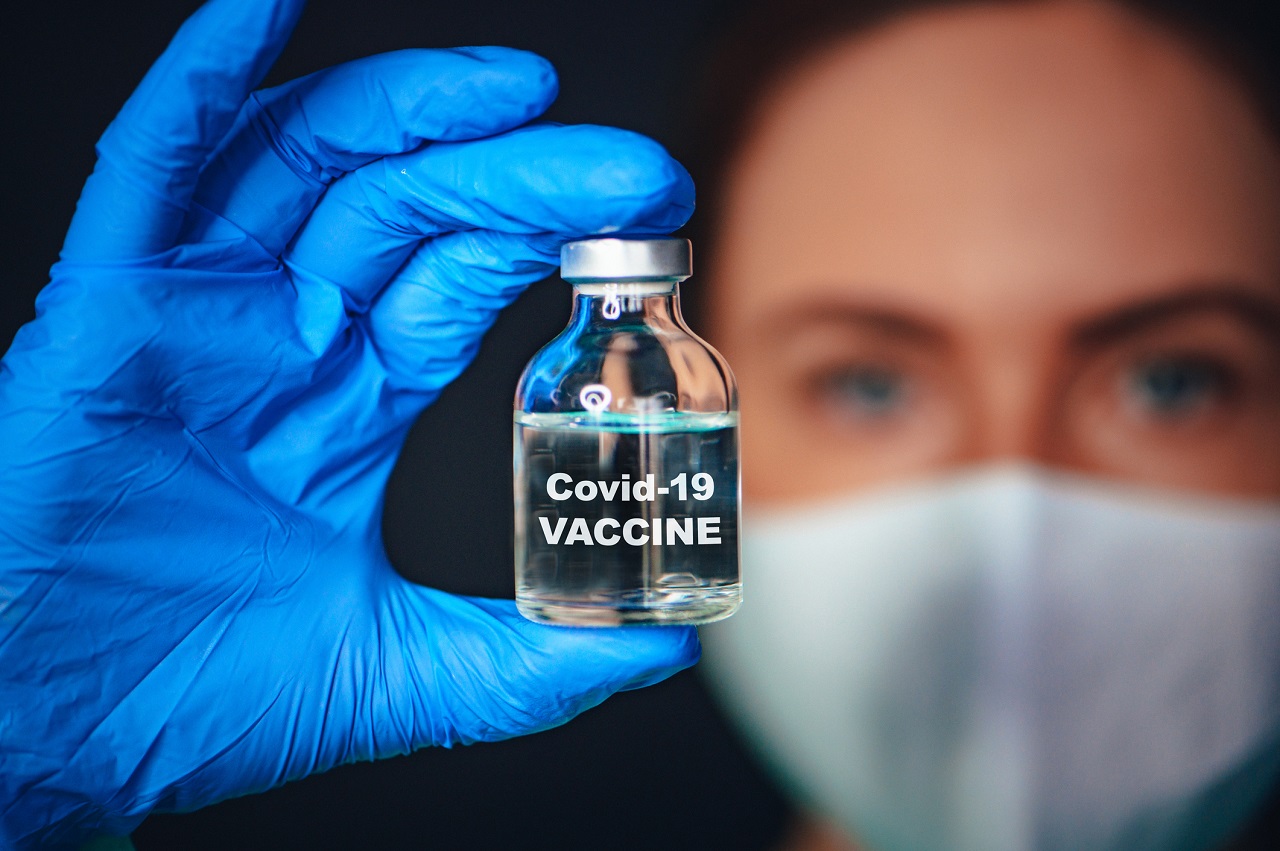The consignment of COVID-19 vaccine from Johnson & Johnson does not meet quality standards and cannot be used, the drug giant said on Wednesday.
The drugmaker did not say how many doses were lost, and it was unclear how the problem would affect future deliveries.
The ingredient in the vaccine, produced by Emergent BioSolutions – one of about 10 companies Johnson & Johnson uses to accelerate the production of the newly approved vaccine – did not meet quality standards, according to J&J.
J&J stated that the Emergent BioSolutions plant involved had not yet been approved by the US Food and Drug Administration to participate in the vaccine. Emergent declined to comment.
J&J has promised to provide the US government with 20 million doses of the vaccine by the end of March and another 80 million doses by the end of May. The statement on the production problem states that it still plans to deliver 100 million doses by the end of June and “intends to deliver these doses by the end of May.”
President Joe Biden has promised to have enough vaccines for all American adults by the end of May. The U.S. government has ordered enough two dose vaccinations from Pfizer and Moderna to vaccinate 200 million people by the end of May, plus 100 million vaccines from J&J.
The federal official said that on Wednesday evening the goal of the administration can be achieved without additional doses of J&J.
Earlier on Wednesday, a J&J spokesman said the company had reached its goal by the end of March, but did not answer a question about whether the FDA had approved an Emergent plant in Baltimore, known as Bayview.
As of Wednesday, J&J had given about 6.8 million doses to the U.S. vaccination effort, according to the Internet Center for Vaccines run by the Centers for Disease Control and Prevention. Some additional doses may not have been recorded as delivered yet, and federal health officials said Wednesday that another 11 million doses of the vaccine will be available for delivery starting Thursday.
It was not immediately clear where the 11 million doses came from, but J&J supplied the finished vaccines from its factory in the Netherlands to the United States.
The little-known pharmaceutical company, which plays a leading role in the federal government’s response to the coronavirus pandemic, has been repeatedly cited by the FDA for problems ranging from poorly trained staff to cracked vials and mold around one of its facilities, according to the Associated Press. Freedom of Information Act.
The records cover inspections at emergency facilities, including Bayview, since 2017. After an inspection in December 2017 at a plant in the cantonal state of emergency, Massachusetts, the FDA said the company had not corrected “persistent low-level mold and yeast isolates” found at the facility. About a year later, agency investigators questioned why Emergent pursued an “unwritten policy of not conducting regular compliance checks” at a separate plant in Baltimore known as Camden, where the anthrax vaccine is filled into vials.
Emergent’s revenue rose during the Trump administration, jumping from about $ 523 million in 2015 to more than $ 1.5 billion in 2020. The company has invested heavily in lobbying the federal government, according to disclosure data showing that the company spent $ 3.6 million on lobbying alone in 2020.
J&J said it was deploying more production and quality experts to Emergent to oversee the production of COVID-19, which allowed an additional 24 million doses of vaccines to be delivered by April.
J&J said it plans to deliver more than 1 billion doses of vaccine worldwide by the end of the year.
The J&J vaccine is considered extremely important for vaccination campaigns around the world because it requires only one shot and can be transported and stored at standard refrigeration temperatures, unlike some other vials that need to be stored frozen. The company also promised to sell the vaccine at a profit, but only during a pandemic emergency.
The problem with the vaccine batch was first reported by The New York Times. The FDA said it was aware of the situation, but declined to comment further.

